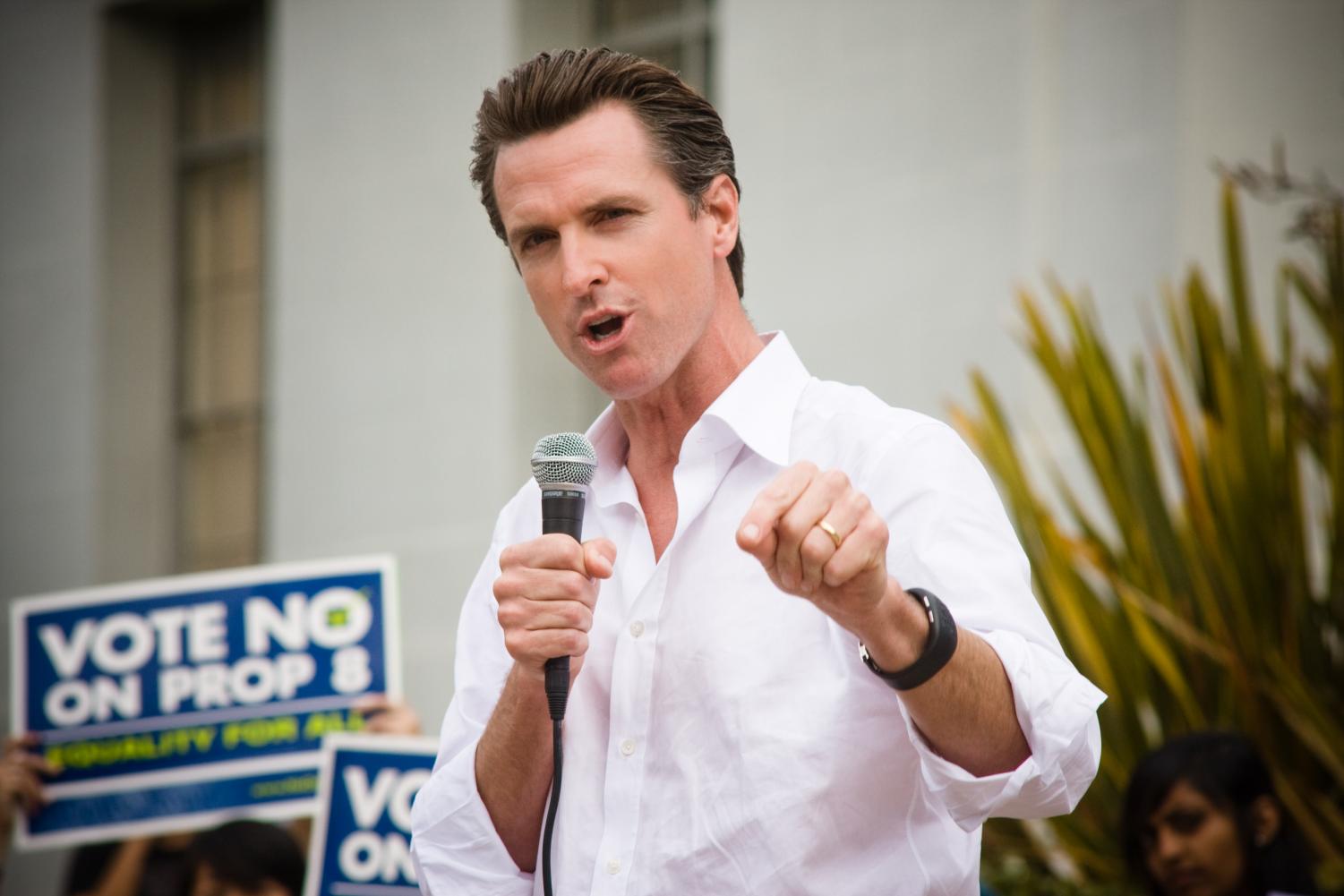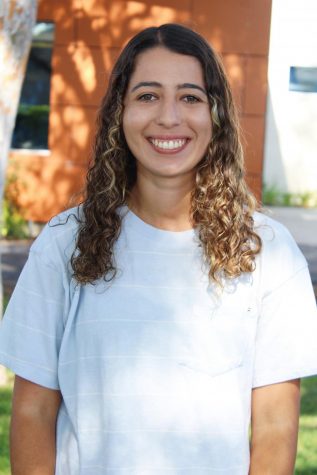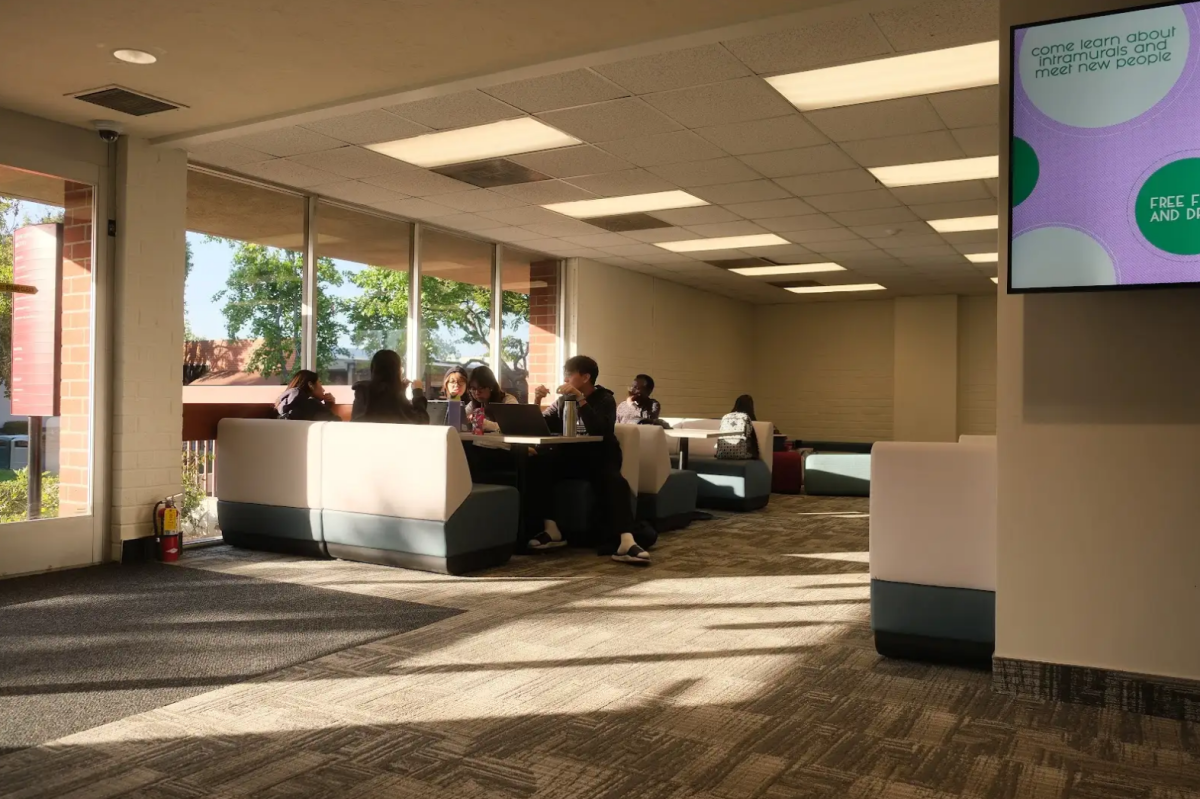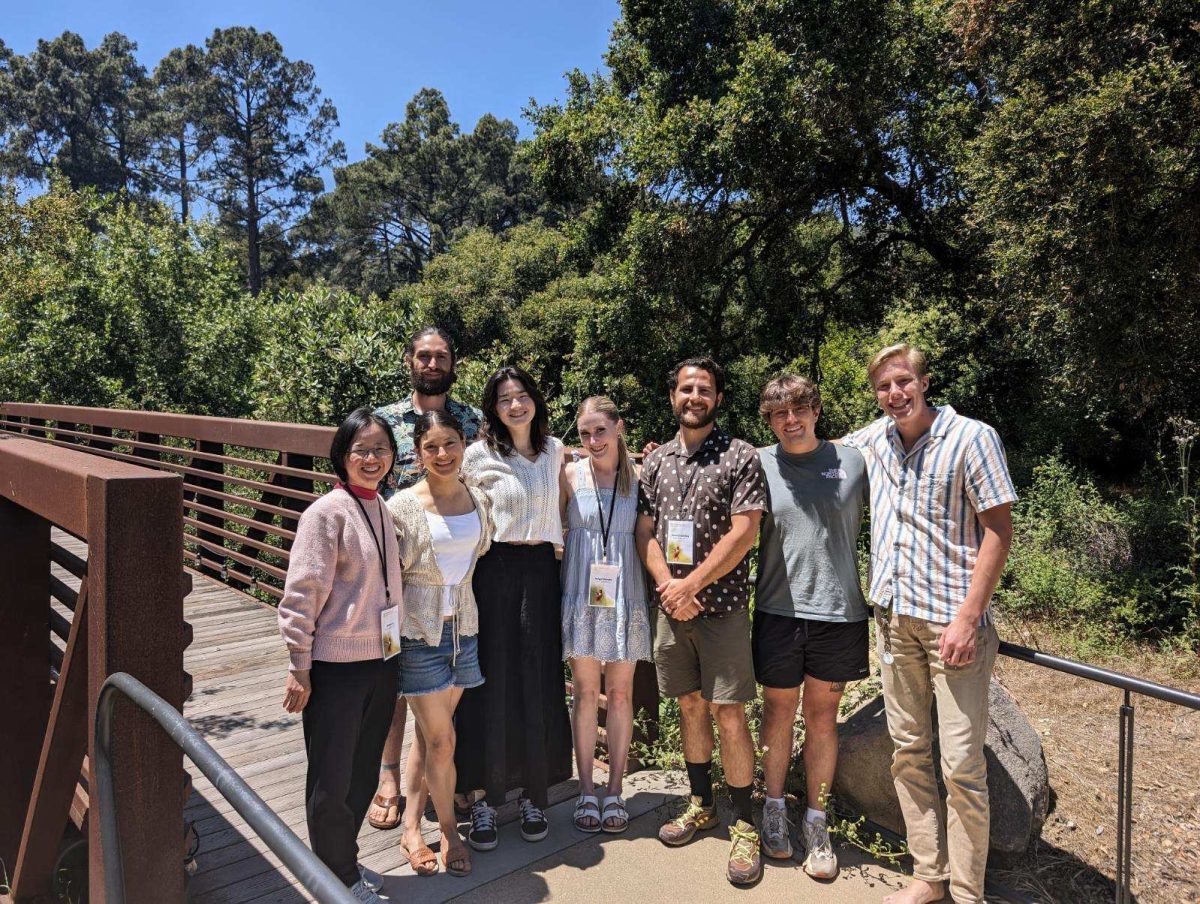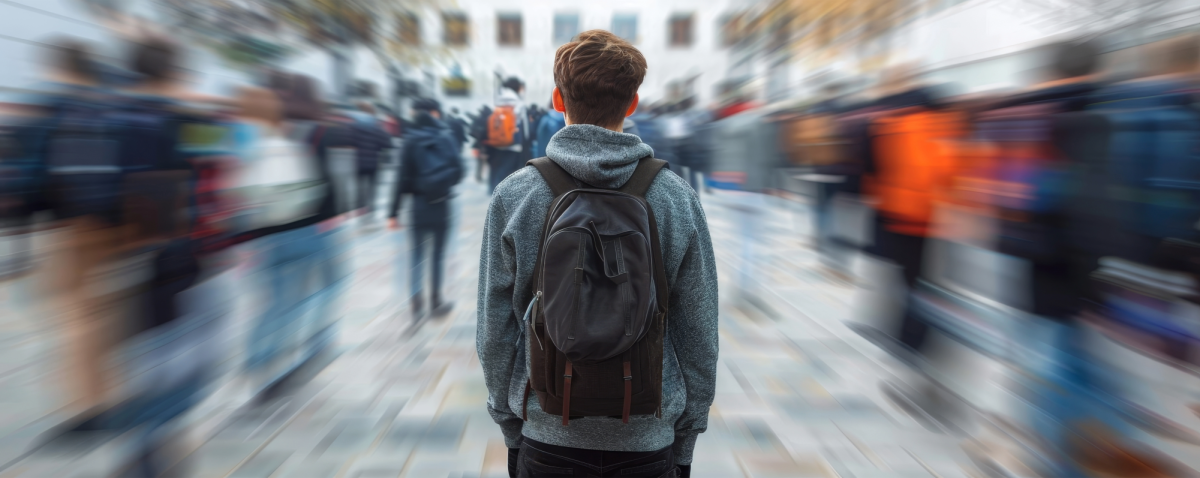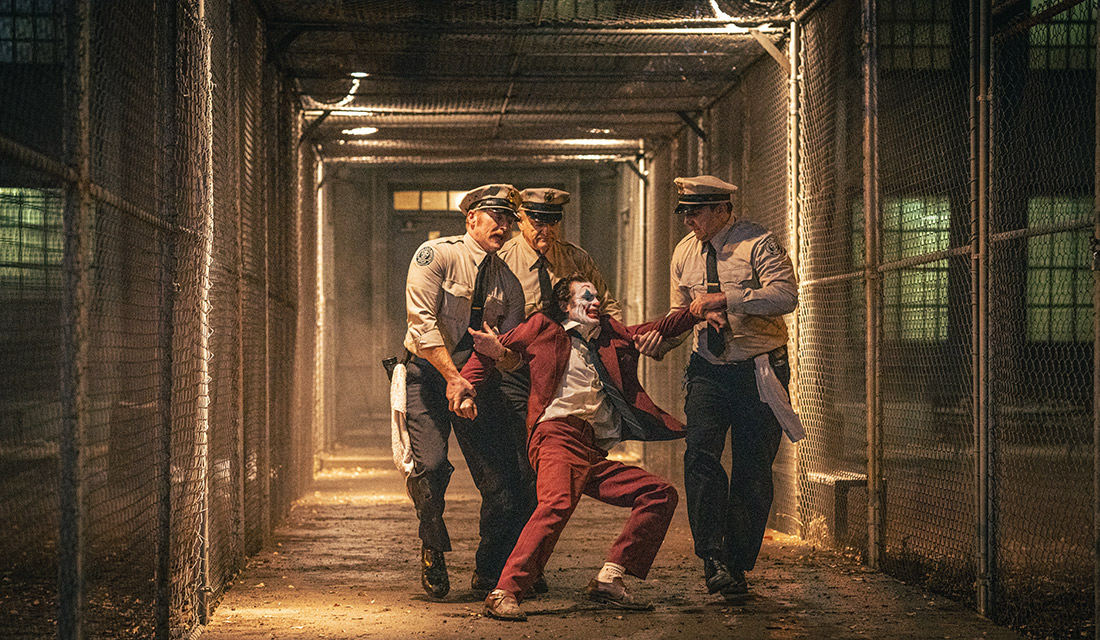For the first time since 2003, a California governor is fighting for his place in office as a recall election is set for Sept. 14. Because of his harsh COVID-19 policies, over two million California residents signed the recall petition for Gov. Gavin Newsom. If the vote to recall him is passed, the next vote on the ballot will determine his successor.
Businesses, schools and universities shut down in California much longer than they were in other neighboring states. After a year and a half of remote learning, Biola University finally opened its classrooms and dining halls to students. However, other colleges like Grand Canyon University, Liberty University and Wheaton College continued with hybrid or in-person instruction during the 2020–2021 school year.
What made California so much different from Arizona, where they were able to continue in-person classes? One may argue that Newsom’s leadership negatively impacted higher education more than ever.
A PROLONGED SHUTDOWN’S NEGATIVE EFFECTS
In an article conducted by Nebraska Today, two-thirds of college students reported difficulty adjusting to the sudden and unexpected change to remote learning. Distractions, anxiety, fear and difficulty communicating with professors and friends all played a role in creating a challenging environment for students. While some students, such as athletes, were able to return to campus in Fall 2020, Los Angeles County prohibited Biola and the surrounding community from returning to learning in-person.
Not only have students been struggling with adapting to remote learning, but they experienced difficulty in finding motivation to get their work done. A survey from The University of Colorado Boulder found that many students explained that they had little to no motivation to complete their work and focus in class.
Not only did students struggle academically, but they also struggled socially and mentally during the prolonged shutdown as well. Many students who were forced to return home suddenly were much more severely affected than those who did not have to move. According to the Journal of Psychiatric Research, these students tend to suffer more from grief, generalized anxiety and stress.
CHANGES TO HIGHER EDUCATION
Because of the prolonged school closures, many universities and colleges increased their tuition costs as well as made changes to curriculum, according to CNBC. Tuition prices rose as these schools attempted to make up for the decreased study count in the previous year.
According to EdSource, instruction and learning in higher education will significantly change in the aftermath of COVID-19. Newsom proposed that California public colleges and universities permanently conduct partial online instruction, increasing virtual learning by at least 10% above pre-pandemic levels, according to EdSource.
LOOKING FORWARD
Many universities are returning to in-person learning with COVID-19 restrictions and vaccine mandates, including California State Universities, according to their official website. While there is much change that has come from the past two years, there is hope on the horizon.
With universities reopening and the recall election happening in September, California university students take into consideration how COVID-19 restrictions impacted their education when choosing whether or not to recall Newsom.



